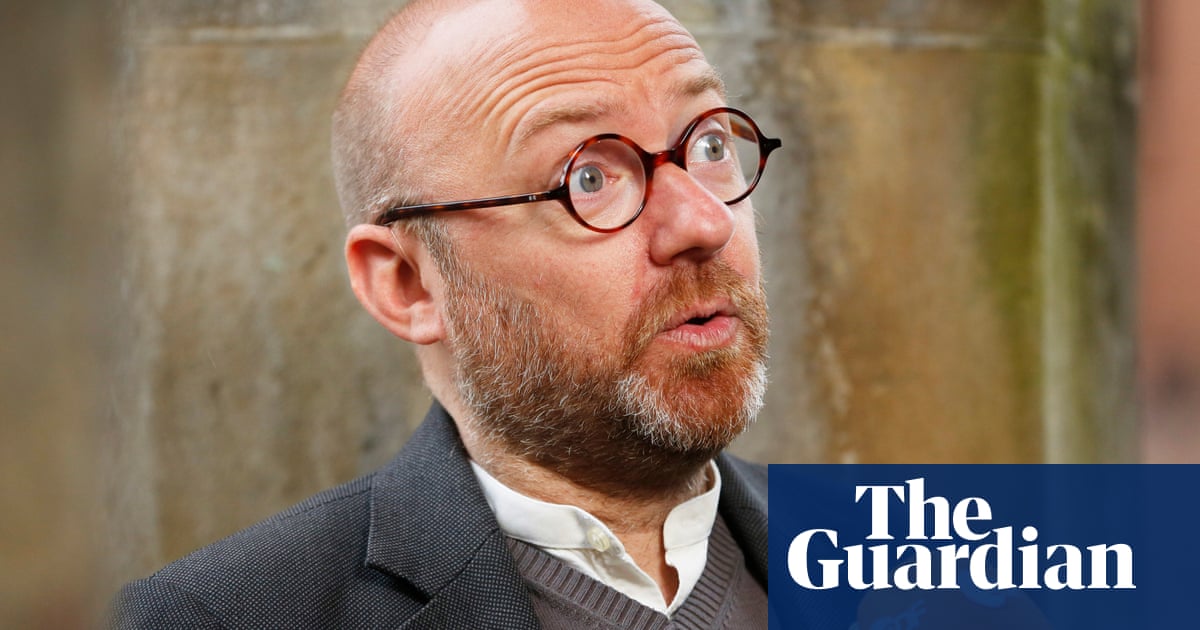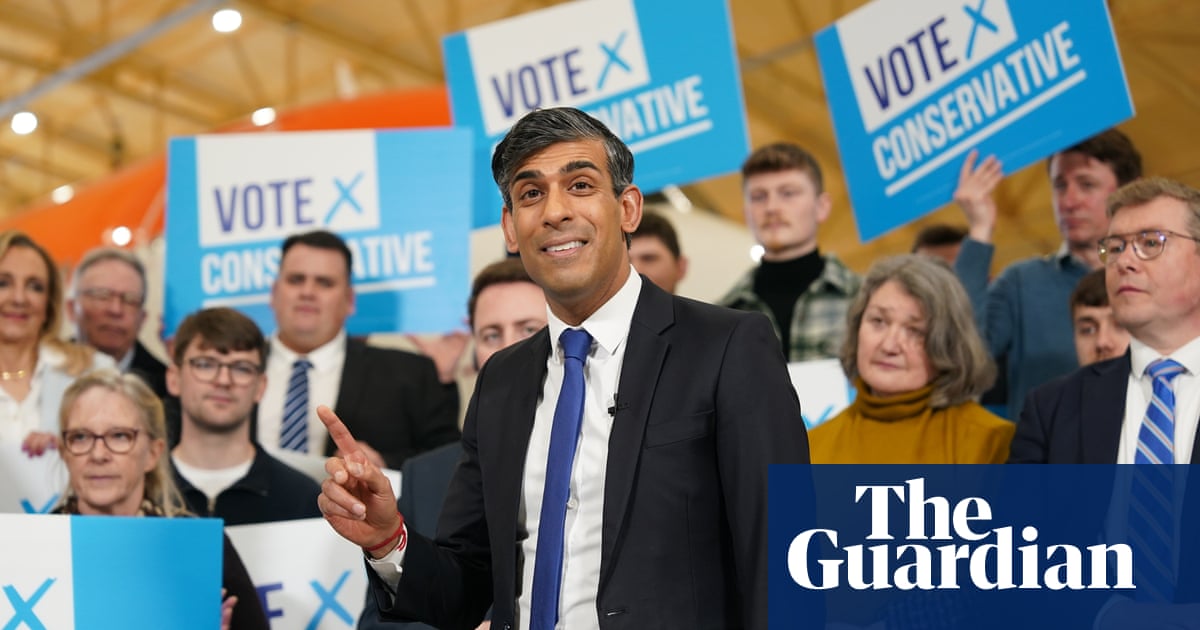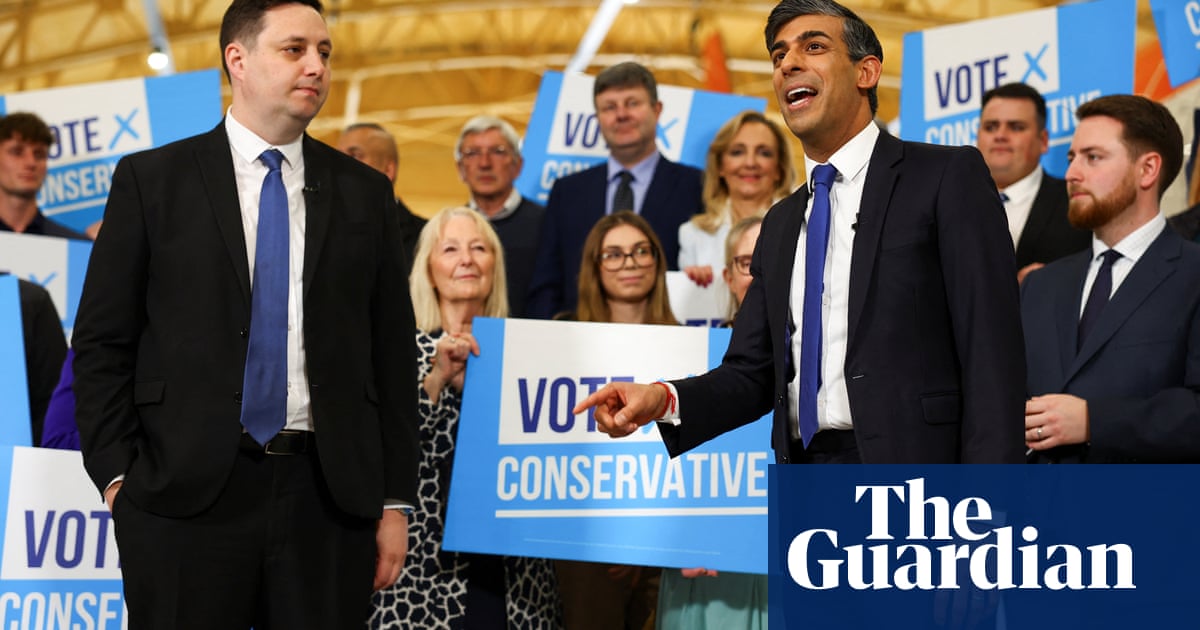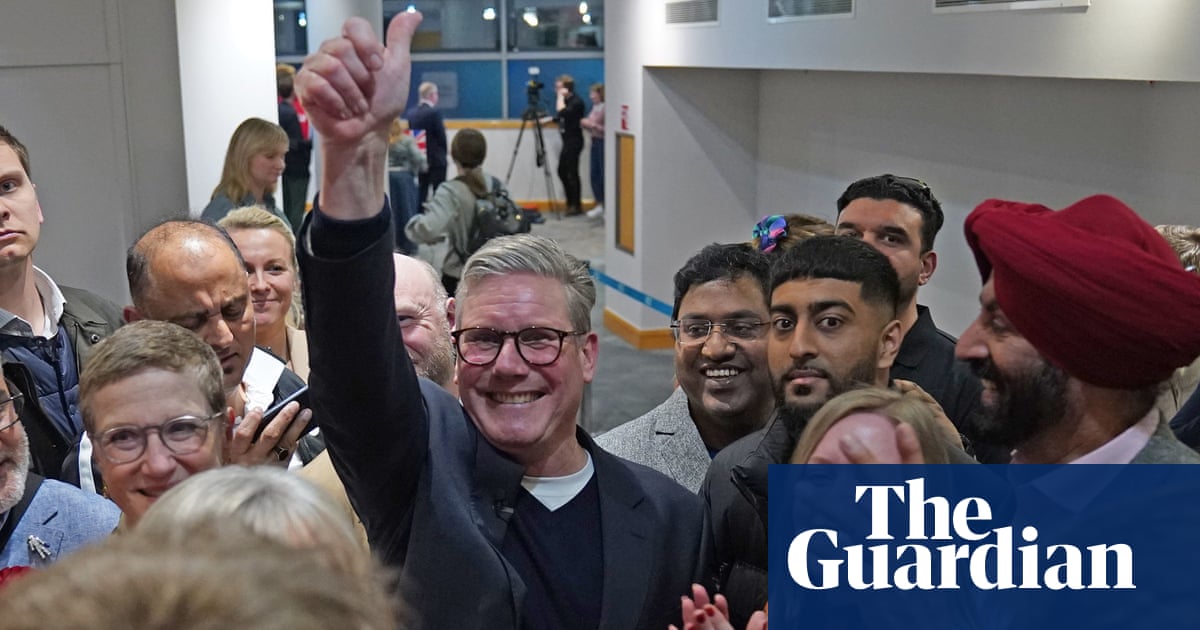Co-leader of Scottish Greens admits coalition with government could fail | Scotland


Patrick Harvie, the co-leader of the Scottish Greens, has admitted his coalition deal with the Scottish government could collapse after a rebellion by party members over climate policy.
Harvie said the Scottish Greens faced the biggest crisis in their history after party activists forced the leadership to hold an emergency meeting on whether to remain in government with the Scottish National party.
In an interview with BBC Scotland, Harvie said the revolt was “an incredibly difficult moment”. Asked if he believed party members would support his pleas to remain in government, he answered: “Honestly, I don’t know.”
Harvie, the co-author of the Bute House agreement between the Scottish Greens and Nicola Sturgeon, the then first minster, in 2021, admitted this crisis also placed his leadership in doubt. “I think that’s a very obvious question,” he said.
Party members and climate campaigners were furious after the Scottish government announced on Thursday that it was scrapping a longstanding legally binding target to cut Scotland’s carbon emissions by 75% by 2030.
In an unprecedented revolt, Scottish Green party members, including senior councillors, accused Harvie and co-leader Lorna Slater, both of whom are government ministers, of abandoning one of their most cherished policy goals.
The Rainbow Greens, an influential caucus of LGBTQ+ activists, announced on Friday they were gathering the 100 membership votes needed to force an emergency general meeting to vote on whether the party should stay in the Bute House agreement.
Prominent Scottish Green councillors, including Chas Booth in Edinburgh and Anthony Carroll in Glasgow, also announced they supported an emergency vote.
Harvie and Slater sought to take control of the crisis by announcing they had requested an EGM before the rebels gathered the 100 votes needed to force a meeting. He told BBC Scotland’s Sunday Show that he understood their anger.
“There’s a huge amount of detail that we need to communicate better to our members in the vote that’s going to happen,” he said.
“This is a moment that is critical for the future of climate policy in Scotland, which is the reason Greens are in politics in the first place. It is critical to the future of our party as well,” he said. “[I] want to make sure that we’re all listening to each other.”
The crisis also puts the first minister, Humza Yousaf, under pressure to respond by making overtures to the Greens. If the Greens quit the power sharing agreement, the SNP will become a minority government again and leave them reliant on opposition votes at Holyrood, at a time when polls suggest the SNP could lose up to 30 Westminster seats at the general election.
Yousaf also faces pressure from increasingly critical centre-right SNP MSPs, who argue the Bute House agreement and the Greens have tied the Scottish government to electorally unpopular and unworkable strategies, including on recycling, gender recognition and marine policy.
Harvie said “his instinct” was the Greens could still significantly influence climate policy if they remained in government. They had already strengthened policies on public transport, clean home heating and cutting car use.
after newsletter promotion
The Rainbow Greens rebellion was triggered by the announcement on Thursday that the Sandyford clinic, Scotland’s only gender youth service, was pausing the use of puberty blockers in the wake of the Cass report for NHS England.
They said their anxieties about the coalition deal had been mounting for months following a series of decisions by Sturgeon’s embattled successor as first minister.
Those included the decision to abandon tough measures to protect fish stocks through highly protected marine areas (HPMAs), what they see as increasing hostility on trans rights issues within the SNP, and Yousaf’s unilateral decision to freeze council tax rates after the SNP’s devastating defeat by Labour in the Rutherglen and Hamilton West byelection.
Critics regard a council tax freeze as regressive, as it favours better-off home owners and it cuts government income during a financial crisis.
Carroll tweeted on Friday: “With the council tax freeze, climate targets scrapped, and MSPs who run rampant with transphobia, the SNP have shown a lot of contempt in the past year. I think it’s time for members to have a say on the BHA [Bute House agreement] again.”
Booth, one of the Greens’ longest-serving councillors, said Harvie needed to produce much more convincing proof that the power sharing deal was working to win the emergency vote.
“I absolutely agree the focus must be on delivery of climate action, but I expect many party members will need more than just an ‘instinct’ that staying in Bute House will deliver greater action to cut emissions: firm evidence is needed.”
Source link




